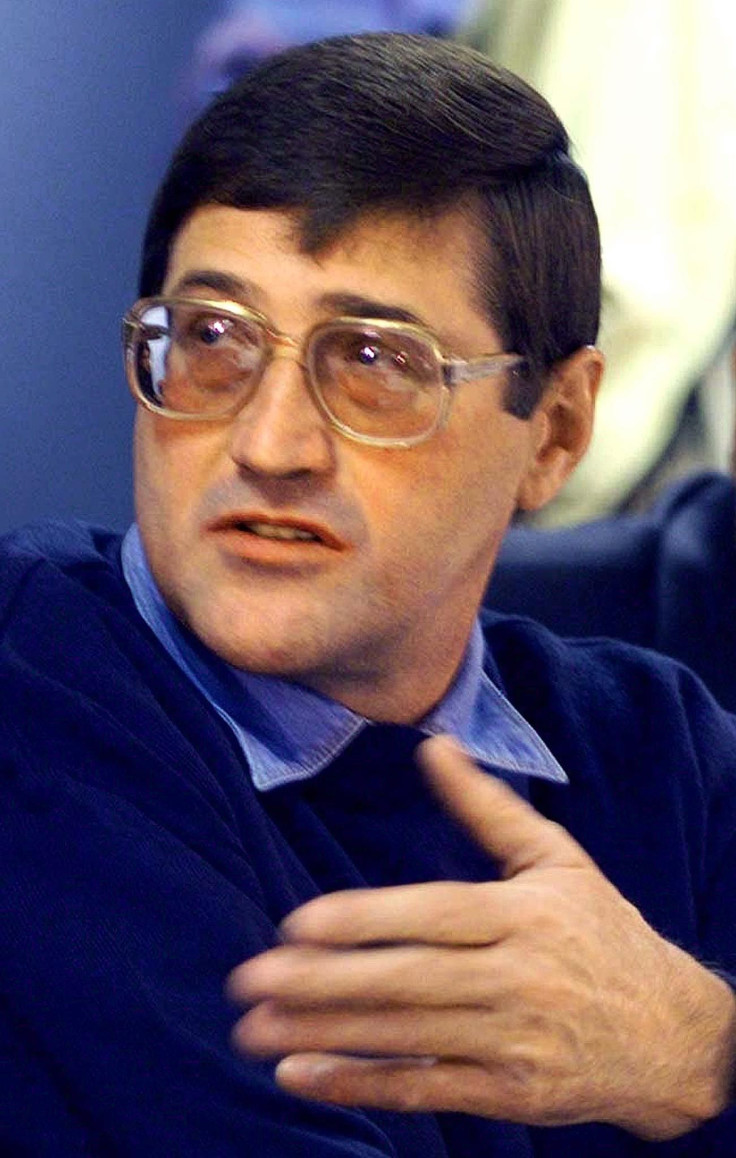'Prime Evil' Apartheid Era Assassin Eugene De Kock Granted Parole By South African Government

South African death squad leader Eugene de Kock was granted parole Friday after 20 years in prison for his role in apartheid-era violence. The 66-year-old is also known as “Prime Evil” for the brutality of his crimes, which include the murder and torture of black South Africans in the 1980s and 1990s.
South African Justice Minister Michael Masutha said Friday that de Kock would be released “in the interests of nation building and reconciliation,” and because he had expressed remorse and helped authorities recover the remains of his victims, Reuters reported. He, however, added that the time and date of de Kock’s release would be kept secret.
Masutha went on to insist that his decision was guided by South Africa’s constitution. The decision is a controversial one in a country which is still dealing with the effects of brutal racial violence from its white regime, which held power from 1948 to 1994.
Just last year, Masutha had denied another appeal from de Kock, saying that families of the victims had not been consulted at the time, the BBC reported.
De Kock headed the “C1” counterinsurgency police unit based out of a farm near Pretoria. He is believed to have committed the single highest number of atrocities in the name of apartheid.
He was arrested in 1994, the year Nelson Mandela and his African National Congress (ANC) came to power. Following his arrest, de Kock gave invaluable testimony on the scope of C1’s activities to the Truth and Reconciliation Commission, confessing to over 100 acts of murder, torture and fraud. Two years later, he was sentenced to 212 years in prison for crimes against humanity.
In a 2007 radio interview, de Kock accused the country’s last white leader, FW de Klerk, of having “hands soaked in blood,” saying all of C1’s crimes occurred with his knowledge. He went on to call the Nobel Peace Prize winner an “unconvicted murderer,” the BBC reported.
In 2010, de Kock petitioned then-President Jacob Zuma for a presidential pardon in exchange for information on others involved with death squads, The Week reported, citing the South African Sunday Independent. Zuma’s office reportedly denied the incident ever happened.
© Copyright IBTimes 2025. All rights reserved.





















